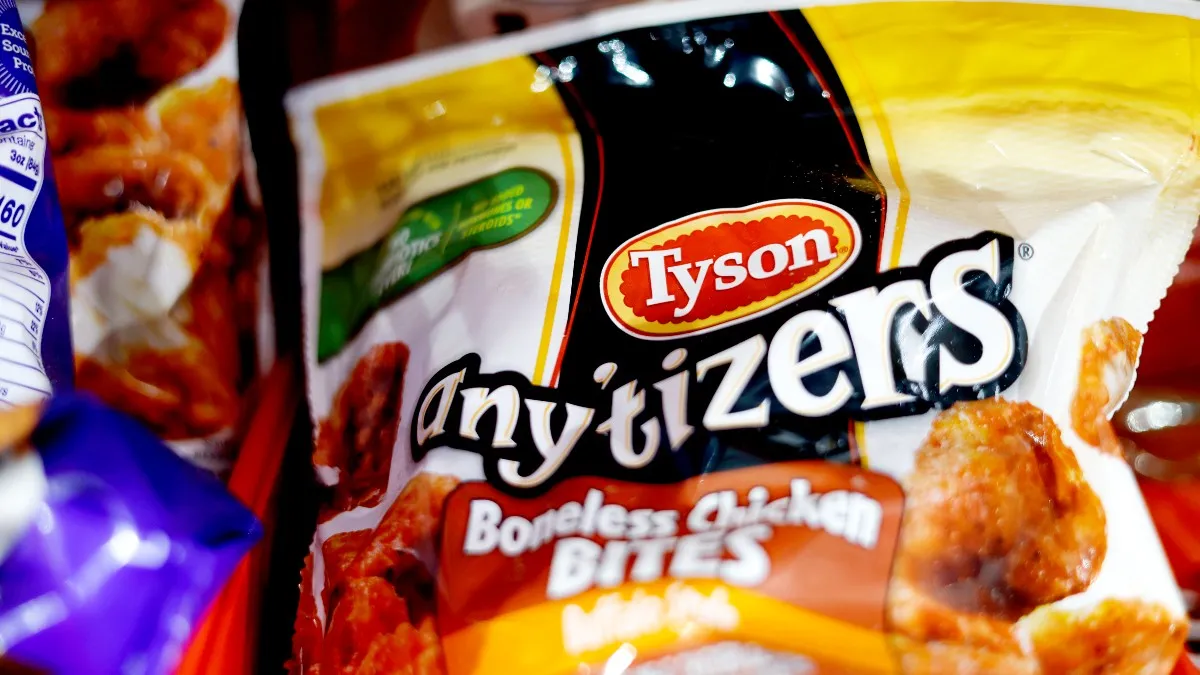In the current era, the relentless spread of misinformation has become an unavoidable reality, with conservatives often at the forefront of either disseminating or clinging to fabricated news stories. Recently, Tyson Foods has found itself thrust into the center of this maelstrom, grappling with the repercussions of baseless accusations that have spiraled out of control.
In response to ongoing claims that circulated widely on social media platforms, Tyson Foods issued a statement vehemently refuting the alleged plans to hire 52,000 undocumented immigrants in the U.S. after closing down its facility in Perry, Iowa. However, despite the company’s efforts to debunk the misinformation, the false narrative continues to gain traction, resulting in tangible consequences such as investor backlash and negative public scrutiny.
But what exactly spurred this fervent backlash against Tyson Foods?
It all began on March 15, 2024, with a viral post on X (formerly Twitter) containing erroneous assertions about the company’s hiring practices. The post falsely claimed that Tyson Foods intended to lay off workers at its Perry, Iowa plant and replace them with undocumented immigrants, igniting a wave of outrage among conservatives who swiftly joined the #BoycottTyson movement.
The fallout from these unfounded allegations has been swift and impactful. The American Conservative Values ETF, an investment fund group aligned with conservative principles, severed ties with Tyson Foods and downgraded its stocks due to the perceived controversy. Despite Tyson Foods’ clarification that the claims are baseless, the damage has been done, with the company facing significant reputational and financial repercussions.
However, beneath the surface of this misinformation lies a kernel of truth. While Tyson Foods did announce the closure of its pork-packing plant in Perry, Iowa, and the subsequent layoff of approximately 1,276 workers, there is no veracity to the claim that the company plans to hire undocumented immigrants. In fact, Tyson Foods has a history of participating in initiatives aimed at aiding refugees’ economic and social integration, which includes hiring legally authorized workers.
Yet, despite the company’s efforts to set the record straight, certain news outlets have persisted in perpetuating the false narrative. Bloomberg, for instance, has yet to retract an article containing misleading information attributed to a Tyson Foods representative. This refusal to correct the record has only exacerbated the situation, further complicating Tyson Foods’ efforts to mitigate the fallout from the misinformation campaign.
In the face of this onslaught of false claims, it’s perplexing to witness the significant impact they’ve had on Tyson Foods, particularly when juxtaposed with the company’s history of documented controversies related to animal welfare. Despite enduring scandals involving animal abuse and cruelty, Tyson Foods has weathered the storm, yet finds itself uniquely vulnerable to the fallout from this latest misinformation debacle.

